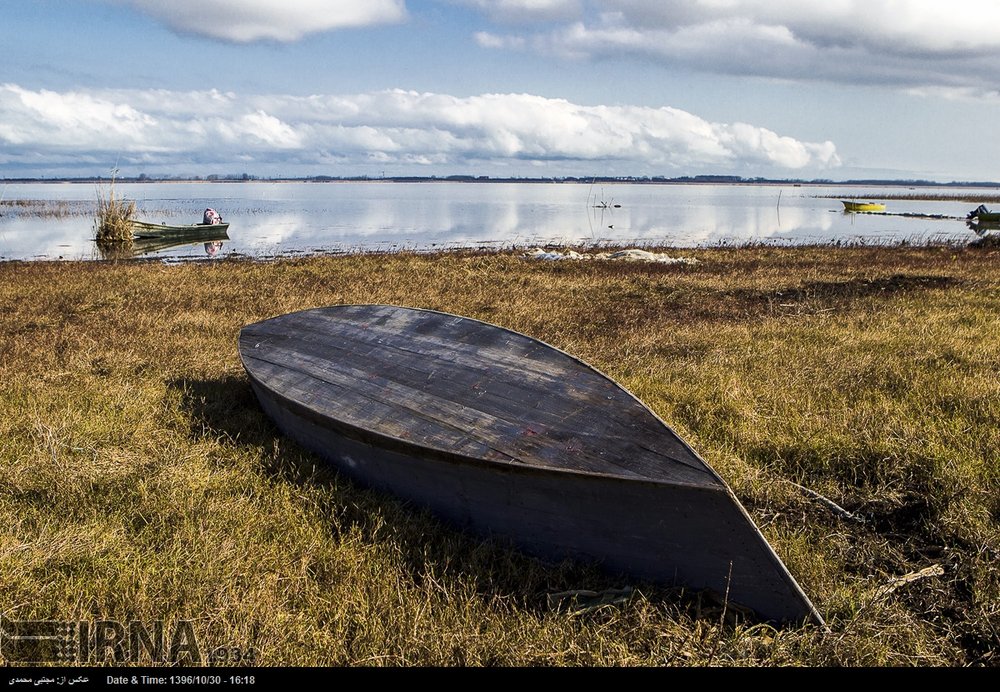Poor environmental policies lead to degradation of wetlands in Iran

TEHRAN – Poor policies currently being carried out in Iran are the main reason behind the degradation of many wetlands in the country, an environmental official has said.
Commenting on Anzali wetland, northern province of Gilan, Ehsan Hadipour, head of Bandar-Anzali department of environment, explained that setting fire on the regions around Anzali wetland and land use changes, has led to the degradation of a wide range of animals and plants species.
Financial problems have forced locals to use farmlands located on the basin of the wetland for agricultural purposes and this caused the water level of the wetlands face reduction and fertilizer return to the wetlands, YJC quoted Hadipour as saying on Friday.
Planting saplings around the wetland is also causing the wetlands to deplete, he regretted.
“Locals living around wetlands are called wetland beneficiaries worldwide, but the term is not well defined in Iran.”
He went on to say that farming and planting saplings cannot be a source of sustainable income for locals, as these are destructive and soon bring irreparable damages to the wetland.
There are many reasons behind Iran’s wetlands degradation in recent years, poor waste management policies and locals’ lack of knowledge regarding benefits of the wetland as well as digging semi-deep wells around the wetland has led to many drying up wetlands.
Earlier in June, Masoud Baqerzadeh, the deputy environment chief for the wetlands, said there are some 105 wetlands in Iran, stretching 3 million hectares of lands, which about 1.3 million hectares of these wetlands are affected by drought, which led to the total dryness of some 60 wetlands, ILNA reported.
Saeed Pourali Iranian professor of cross-cultural environment management at the Phoenix University Excessive has told Khabaronline in early July that groundwater and surface water withdrawals, along with continuous droughts, has reduced groundwater levels, resulting in depletion of rivers, lakes and wetlands.
He also added that in addition to climate change, lack of proper use of modern sciences coupled with lack of attention to warnings by officials about water shortage have aggravated the situation.
FB/MQ/MG
Leave a Comment